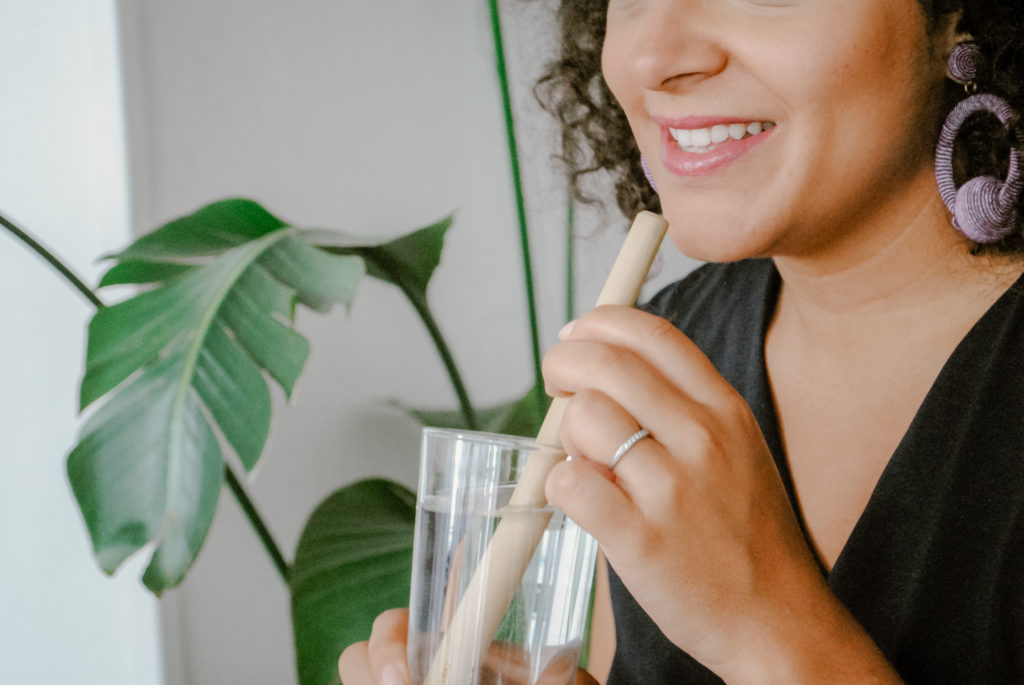As International Women’s Day dawns on Tuesday 8th March, it comes as a welcome reminder of the ongoing need to work towards gender equality around the world. However, it also serves as an opportunity to celebrate the women already enacting change in every sector of society.
In particular, within the zero-waste and sustainability spheres, it may come as little surprise that this is a relatively simple task. The reality is that women have been leading the way here for some time through innovative businesses, new technologies, grassroots blogs, and activism, among countless other ways to engage with zero waste and sustainability topics.
Why this prevalence of inspiring women in this particular field? Research has suggested that, albeit in hyper-generalized terms, women are more likely to reinvest in the home, and considering that zero waste behaviors are so intimately tied to our everyday lives, this may go some way to explaining the prevalence of women in the zero waste world.
So to celebrate those trailblazers and inspire more change we want to highlight 10 woman owned companies with their take on zero waste.
1. Alabama Sawyer
Alabama Sawyer is an ingenious, woman owned operation that ticks so many of the zero-waste boxes. They make beautiful wooden furniture from fallen trees in Birmingham, Alabama.
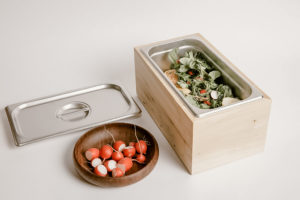
Source: alasaw.com
These trees topple on their own or are discarded for one reason or another, but the bottom line is that they would otherwise be gathered up by the authorities and sent to landfill. Alabama Sawyer processes the wood they collect locally at their own mill, minimizing freight and associated emissions, and then crafts it into elegant wooden furniture.
So many zero-waste ideas are simply better ways of doing old things, which is laudable in its own right, but when a company identifies an opportunity to repurpose existing waste as a valuable raw material, that is revolutionary. The company is run by Leigh Spencer and her husband Cliff Spencer who moved their family from LA to Birmingham.
2. The Simply Co.
Lauren Singer was one of the early zero-waste influencers highlighted the zero-waste movement by focussing on a ton of household tasks. She has been living zero waste for ten years and sharing her experiences with an ever-growing audience online, mostly via her blog Trash is For Tossers, but also in her own Ted talk.
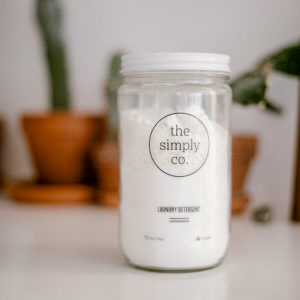
Source: packagefreeshop.com
Eventually, she gathered her experience under a brand The Simply Co. and made her vegan washing detergent available to the world. There’s an adage that the key to a successful business is to do one thing and do it well—The Simply Co. abides by its name and does just that.
The detergent is powdered and comes in a glass jar, eschewing the wasteful trappings that come with heavy, plastic-bound liquid detergents in supermarkets. However, a key point that Singer wants to make stick is that cleaning product manufacturers are not required to state all the chemicals that go into their product on the packaging. That’s why everything included in her own detergent is right there on the jar for all to read.
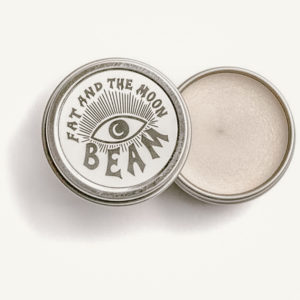
Source: earthhero.com
3. Fat and the Moon
Skincare brand Fat and the Moon evolved out of founder Rachel Budde’s profound interest in herbalism and distaste for the chemical filled skincare products that line drug store shelves. As a result she makes products that are cruelty free and palm oil free (only some ethically sourced beeswax stops the range from being entirely vegan).
Budde’s sustainable approach to her all-natural ingredients is based on the fundamental idea that the oils our skin produces are not bad and should be balanced rather than washed away. It’s a woman owned and run business to its core, with a genuine respect and fascination for the healing power of plants on human skin.
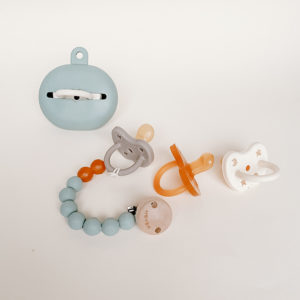
Source: heveaplanet.com
4. Hevea
Hevea is a bold, game-changing company that makes, among other things, menstrual cups from tree rubber (not the oil-based rubber that’s more common). Hevea was founded by Terese Hoffeldt, not with one single product in mind but with the broad ambition of doing something good for the planet and its children to come.
This mantra led Hoffeldt toward natural tree rubber as a sustainable raw material that could be used to replace plastic for sensitive human uses. So, as well as the cup, they also make 100% tree rubber pacifiers for babies—eco-friendly and totally non-toxic alternatives to the ubiquitous plastic ones.
The pacifiers are also naturally biodegradable and compostable, however, going one step further, Hevea also offers to upcycle your baby’s used pacifiers in return for a discount in their store.
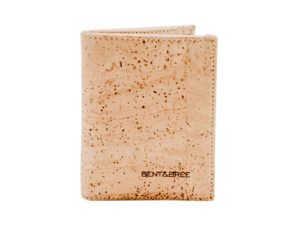
Source: bentandbree.com
5. Bent & Bree
Bent & Bree is yet another woman owned concern driven by the desire to find sustainable ways of making the things we need, and indeed the things we want, without damaging the planet for our kids.
Specializing in luxury handbags made from sustainable cork trees, despite the unlikely materials you’ll be surprised by the elegance and refinement of the designs themselves. A durable, mutable, and flexible source material, cork is one of the most sustainable materials around.
It comes from the bark of the cork oak which regrows after each harvest, leaving no impact on the environment. Furthermore, oak cork grows naturally with no pesticides, watering or pruning required.
6. Meow Meow Tweet
The war on plastic has seen progress on a number of fronts, with numerous sustainable alternatives used in its place by eco-conscious businesses. Bamboo, metal, and glass are among the prime materials we’ll find in place of plastic in everyday items reimagined as zero waste.
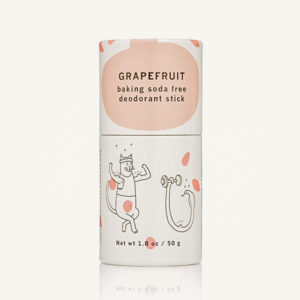
Source: meowmeowtweet.com
However, certain products have found it more difficult to relinquish their traditional plastic coverings, with makeup and cosmetics a prime example. Deodorant is one such culprit and, while it may seem a small win, the first roll on deodorant with a compostable tube is what made Meow Meow Tweet a trailblazer and earns them a place on this list.
The sustainable skincare company was founded by Tara Pelletier and Jeff Kurosaki in 2009, and their longevity suggests a deep commitment to zero waste really does pay off. In fact, all of the brand’s products come in glass, metal or compostable paper.
On top of zero-waste packaging, Meow Meow Tweet can also lay claim to a bulk program that functions as a closed loop refill system and thus archives 100% zero waste.
7. Ettitude
Bamboo is perhaps the most celebrated material in the zero-waste world at the moment. An almost infinitely adaptable, renewable material turned into everything from toilet paper to toothbrushes.
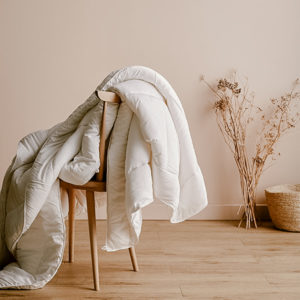
Source: ettitude.com
One area that you may not have envisaged the bamboo revolution as reaching so far as bedsheets. Nevertheless, Ettitude’s range of bedding and sleepwear is 100% bamboo and made from their very own trademarked CleanBamboo, which improves on bamboo fabrics that have come before with by avoiding harmful chemical effluents.
For example, the manufacture of bamboo rayon is a more toxic and polluting process which is now banned in the US altogether. Meanwhile, Ettitude’s unique CleanBamboo process is entirely nontoxic and achieves a softer and more durable fabric.
As a raw material it is renewable, but it is also softer to the touch than cotton and linen, naturally hypoallergenic, and moisture absorbing. A perfect match for bedding. A move away from cotton is overdue in any case, as Ettitude reports that cotton uses more pesticides, insecticides, and water than any other crop.
8. Natural Earth Paint
Natural Earth Paint is another zero-waste business born of a parent’s concern for the child’s health and their future on this planet. Professional artist Leah Fanning fell pregnant while working towards an exhibition and began gathering pigments to make her own non-toxic paints.
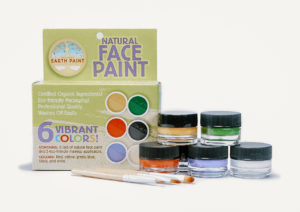
Source: naturalearthpaint.com
On discovering that most commercial paints intended for use by children contain harmful toxins, she created a sustainable, toxin free paint range for kids. As many zero-waste journeys do, Leah’s path took her back to how things used to be done and now many of the company’s pigments are the same as those used by ancient, medieval, and Renaissance painters.
Beyond the paint itself, the company considers its entire value chain from their 100% solar powered facility to their post-consumer recycled packaging.
This short list of inspiring women business owners barely breaks the surface of the enterprising work being done by so many women in the zero-waste space, and indeed the wider world.
Check out more inspiring stories over at International Women’s Day and picture how much more could be achieved in a world free of all bias, stereotypes and discrimination. Additionally, visit the zero-waste online shop for a curated range of products, and sign up to our blog for more tips and guides to going zero waste throughout your life.

